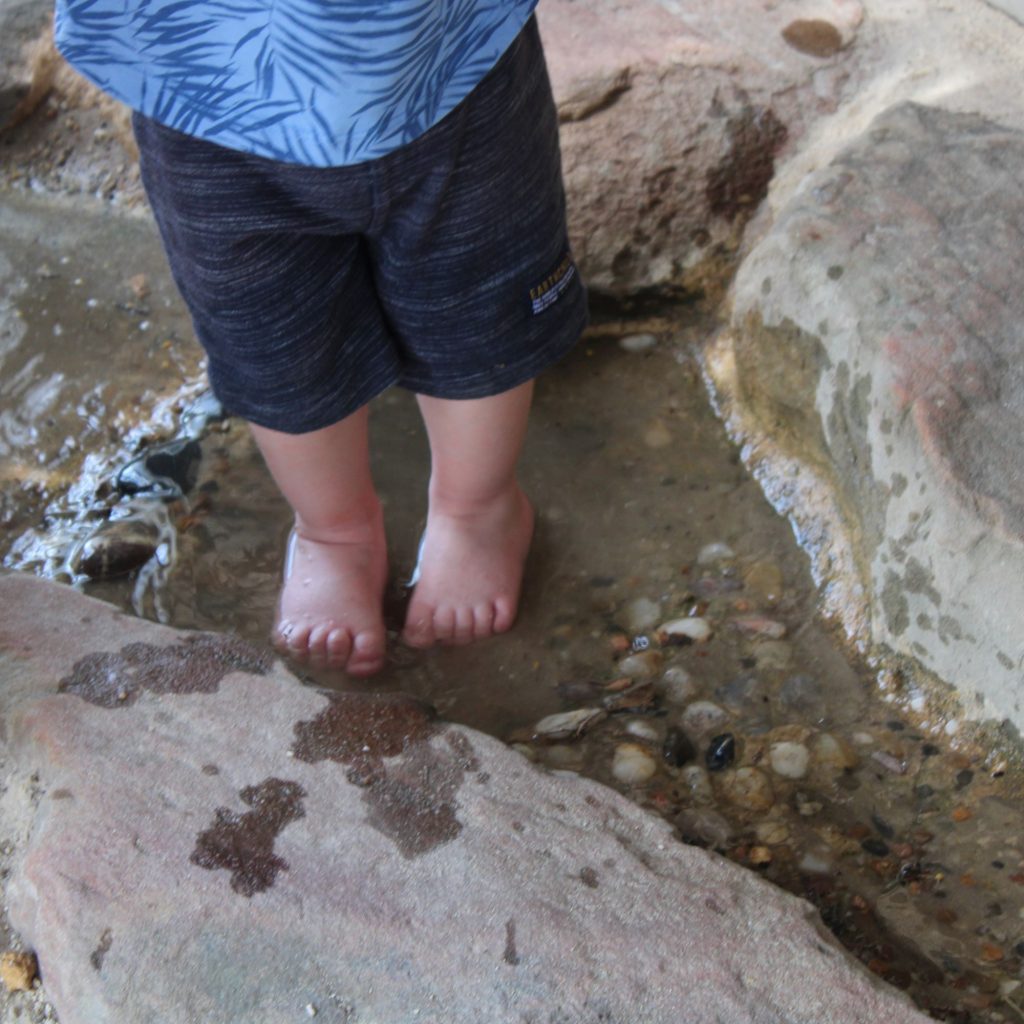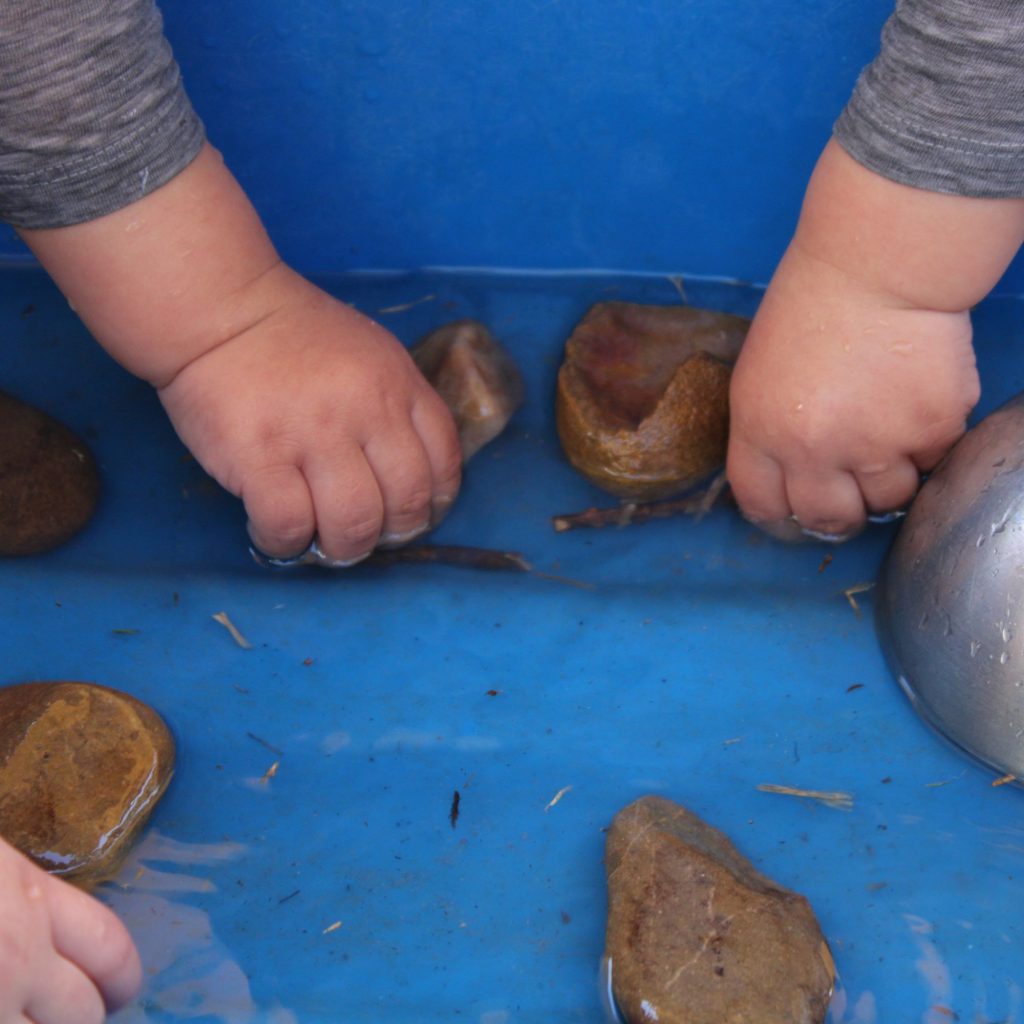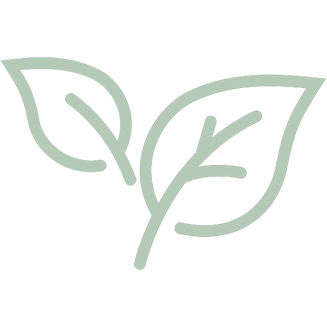As we have been experiencing some hot Wirltuti (spring) days, we have been offering water play to the children in all the houses. The best feature of water play is that it is open-ended. Children can choose to engage in:
- Collaborative play as they work together to a shared outcome
- Physical play as they practice their fine motor skills, gross motor skills and hand eye coordination
- Experimentation as they conduct investigations to learn about scientific concepts like floating, sinking and cause and effect
- Filling and emptying as they develop mathematical understandings about volume, capacity, mass, measuring and estimating
- Problem solving as they work to find ways to orient different containers to hold water, transport water and more
- Sociodramatic play as they use water symbolically
- And of course, sensory play as they enjoy the sensation of the water on their bodies and connect with nature.
You may wonder, how does this fit with our commitment towards Early Childhood Education for Sustainability? As educators invite the children to play with water, we remain aware of the value of water as a resource and strive to impart this awareness. We practice sustainable water practices during water play by limiting access to water and encouraging the meaningful play that arises from respecting the finite nature of our resources. For example, we employ tap flow restrictors, think intentionally about how much water we need in a trough and, in Sturt House, we have rainwater tanks for water play. If we have any water left after water play, we use it to water our gardens.
Environmental philosopher David Orr wrote “if literacy is driven by the search for knowledge, ecological literacy is driven by the sense of wonder, the sheer delight in being alive in a beautiful, mysterious, bountiful world” (1992, p.86). We believe that water play can support children to feel this sense of wonder and delight. We wish to support children to understand the importance of the earth’s resources, to feel hopeful and agentic and to be agents of change for sustainability.


Reference:
Orr, D. W. (1992). Ecological literacy: Education and the transition to a postmodern world. Albany: State University of New York Press.
